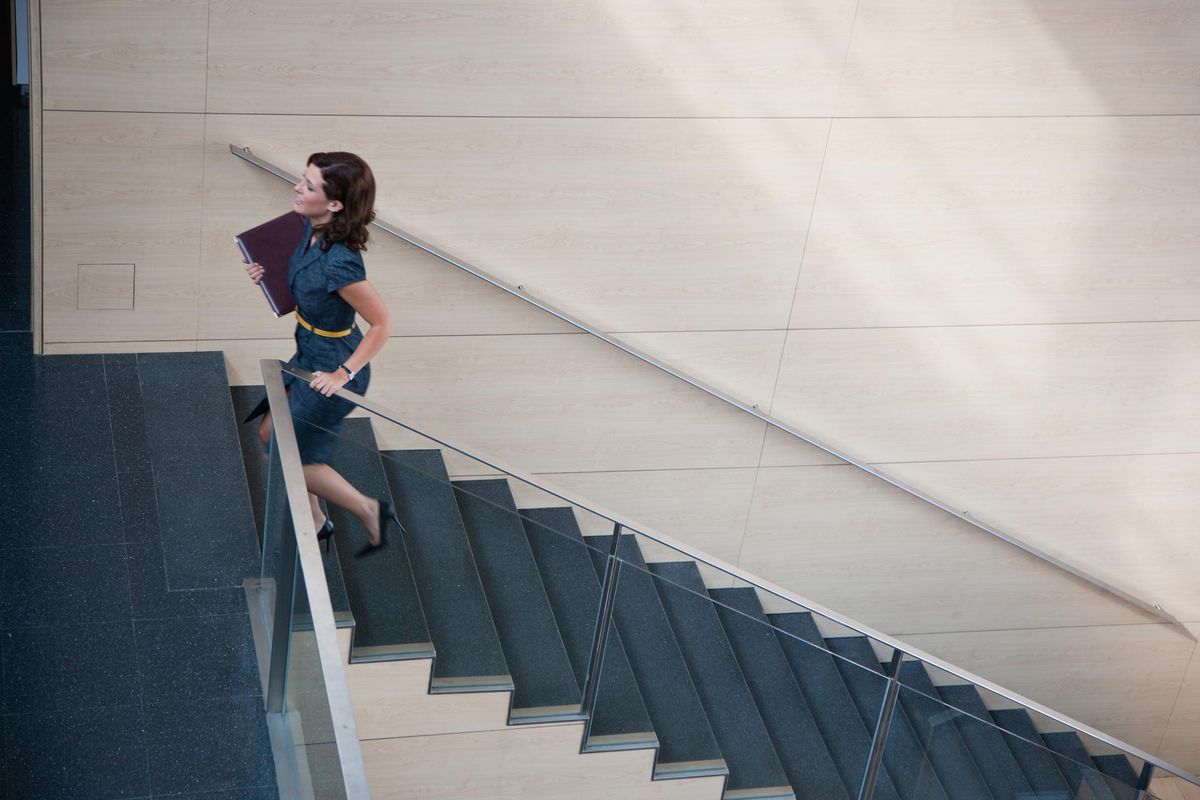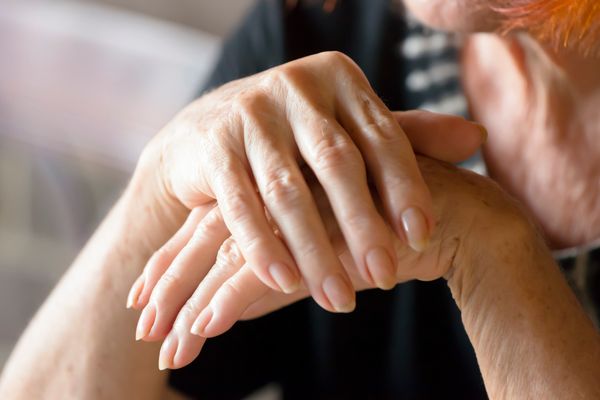Q:
I know that exercise is important in managing rheumatoid arthritis (RA), but it's so hard to find the time. Any advice on how to fit this into a busy schedule?
A:
The fact that there are never enough hours in a day is a pressing problem for most people—rheumatoid arthritis or not.
It is important for your overall health to find a balance between both rest and exercise. Understanding the roles rest and exercise play in managing RA will help empower you to work to control the disease. Here is what you need to know: when RA is active, you will want more rest. When you're feeling up to it, exercise can play a critical role in keeping healthy muscles, joint mobility and flexibility. A good rule of thumb is that exercise that causes pain the next day means that you are overdoing it. Take care of your joints, but remember that overuse can also be a problem. Use your own discretion.
So how can you find the time?
Prioritizing your health is the best way to find extra time in your day. Start by blocking out time on your calendar like you would for a visit with your rheumatologist (you wouldn't cancel an appointment with your rheumatologist, would you?).
Finding the time to exercise will help improve your overall quality of life and is an important part of any RA management program. It may seem counterintuitive to patients experiencing chronic joint pain, but the reality is that being physically inactive can potentially worsen joint problems, whereas physical activity can sometimes lessen fatigue, muscle weakness and disability from RA.
You can build exercise into almost any of your daily tasks, such as taking the stairs at work instead of the elevator. Think of each day as an opportunity to try something different to help avoid strain or overuse. Do you grocery shop on Sundays? Try walking the perimeter of the store with your cart for 20 minutes. On Tuesday, take your dog for an extra few laps around the block. If you're watching TV on Thursday, do some stretching during commercial breaks.
If you start noticing improvement in your joint pain and symptoms, identify some other creative ways you can incorporate movement into your regular weekly schedule. Before you know it, exercise will become a part of your lifestyle and not a chore.
My RA Fit Kit, a program developed by biopharmaceutical company UCB in partnership with the Cooper Institute, provides customized exercise options based on the individual needs of those living with RA. It helps users find and design their own fitness regimen based on how their RA affects them and the physical activities they enjoy.







